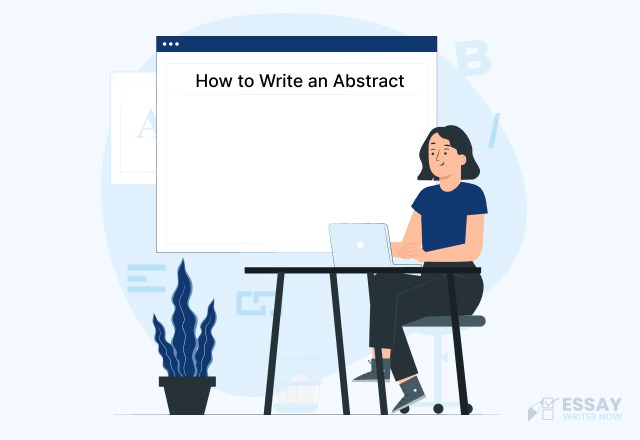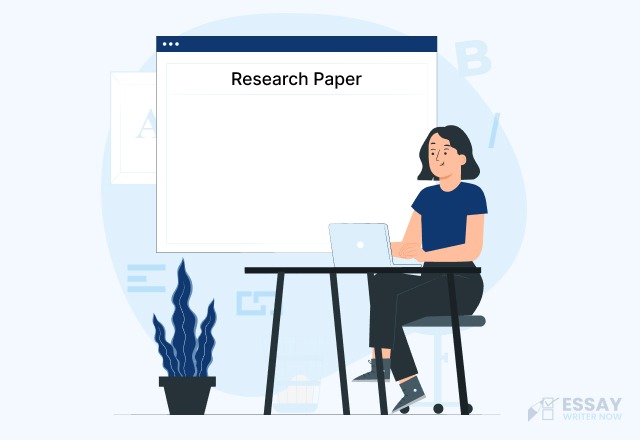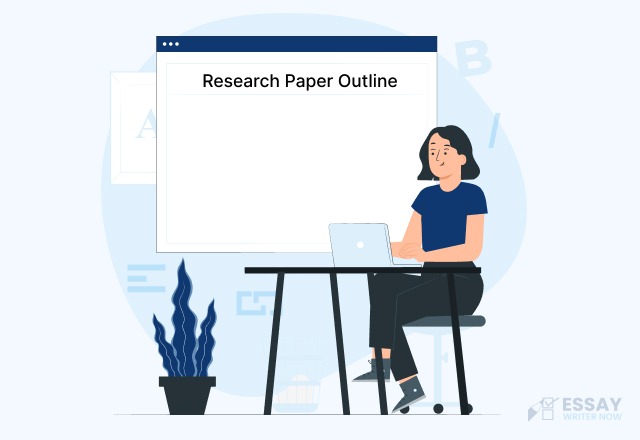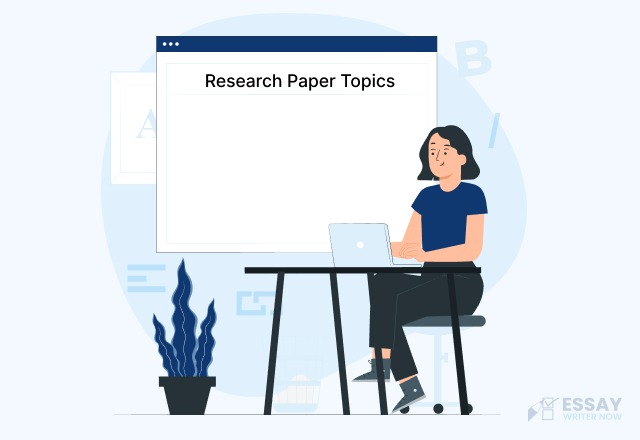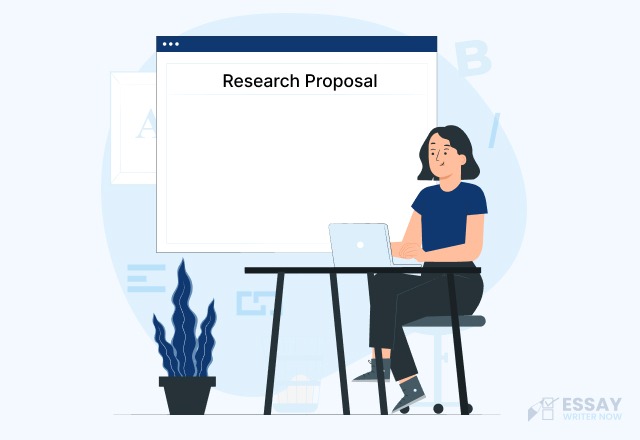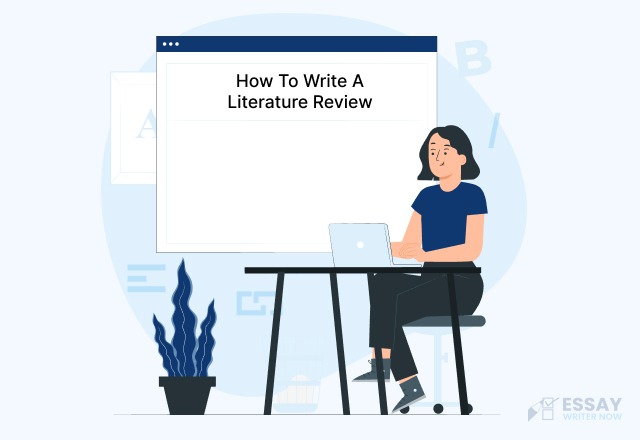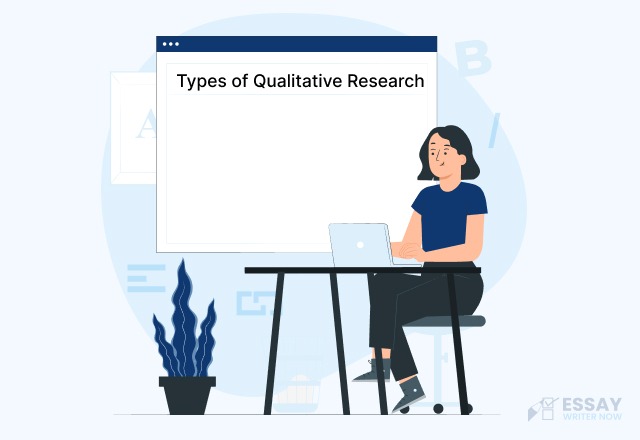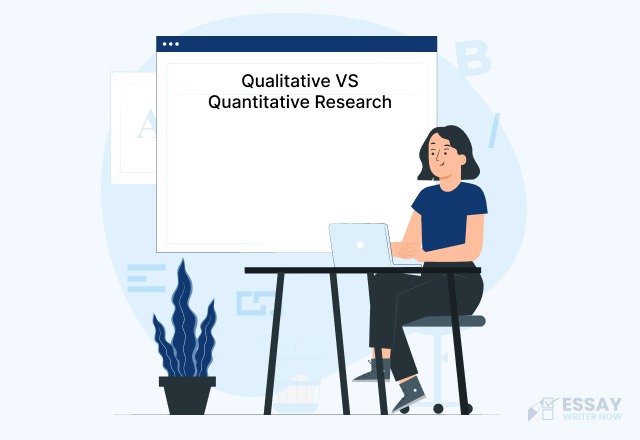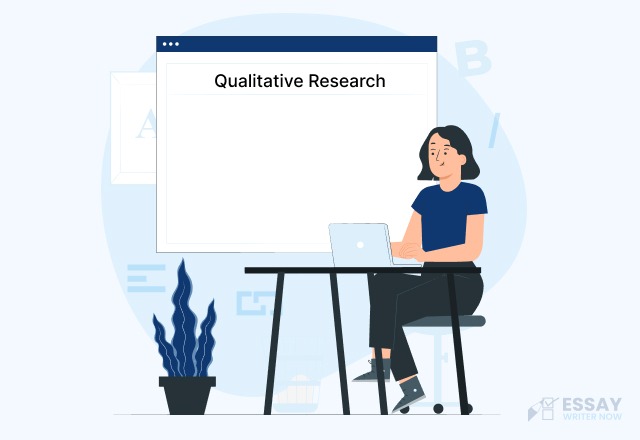What is an Abstract?
An abstract is a concise summary that gives an overall view of the paper. The abstract is considered an important section of research papers or literature reviews as it is the first thing your reader will see. After reading the abstract, readers will decide whether to read the rest of the paper or not.
You will write an abstract once you have finished the write-up of your project. This is because it has to summarize the methods, results, and discussion.
Word count may vary for different abstracts, but an abstract in general is usually around 250 words. First, however, check if your journal requires a strict word limit.
An abstract contains 4 key elements:
- What has been planned in your research and why? (research questions and hypothesis)
- How did you do the research? (Methodology)
- What were your results and conclusions?
- Future prospects and limitations of the research.
Below is an example to help you write an abstract in APA format:
When to Write an Abstract
Whether writing a thesis or submitting a research article for publication in a journal, you will always have to include a well-written abstract. An abstract is a self-contained and independent text, and it is the very last thing you will compose.
Types of Abstracts
There are 5 types of abstracts: Critical, highlight, informative, descriptive, and structured. Most students are given assignments to write informative or structured abstracts.
However, follow the instructions and guidelines given by your instructor to figure out the type of abstract you need to write:
- Critical Abstract: This type of abstract permits the writer to describe the key points, information, and results.
The main aim is to compare your project with another researcher’s work. A critical abstract consists of words around 500 in length.
- Highlight Abstract: The purpose of writing a highlight abstract is to grab the reader’s attention. It is not considered a true abstract. Instead, it gives a comprehensive summary to spark readers’ interest.
- Informative Abstract: As mentioned in the name, an informative abstract is direct and informational. The nature of an informative abstract is narrative and provides the paper’s basic contents to the reader.
In most cases, this type of abstract eliminates the necessity for reading the full paper as the paper’s contents are mentioned in the abstract.
You might get a chance to write an informative abstract in your class assignment.
- Descriptive Abstract: This type of abstract brings awareness to the paper. It does not make any judgments about the work or provide any findings or conclusions of the research.
A descriptive abstract does not have the keywords present in the text of the article or paper. However, it only presents the aim, methods, and scope of the research project.
The word limit of descriptive abstracts is around 100 words or less, which is shorter than other types of abstracts.
- Structured Abstract: This type of abstract is written under 200 words and is mostly required for research articles. The content in this abstract is written under the following headings:
- Purpose
- Methods
- Results
- Conclusion.
How to Write an Abstract?
A well-written abstract will compel the reader to read the rest of your research paper. It contains all information from the introduction to the results and conclusion concisely.
You can also follow the Publication Manual of the American Psychological Association, which is the style manual of choice for editors, educators, writers, and students in the behavioral and social sciences.
Below are some of the basic steps you can follow to write a good abstract of a research paper:
1. Complete the Write Up of Your Research
Although the abstract is added at the beginning of the research paper, it has to be written after you write your paper.
It is the second important section after the title and follows the main body of your paper. This is because the abstract is the research paper’s summary, and it can’t be written unless the entire paper or article has already been written.
2. Review your Journal’s Requirements
If you want to get your article or paper published in a specific journal, you need to check for their requirements regarding style and length. Remember to consider the requirements before starting an abstract.
3. Consider the Target Audience
Abstracts are written in a way that attracts the target audience. Therefore, they have to be devised to help readers decide whether they want to read the entire work or not.
Therefore, it is important to target readers and use convenient language that is easy to understand for a layman. This will increase your paper’s reach.
4. Determine the Abstract Type
You must identify whether you have to write a descriptive, informative, highlight, structured or critical abstract. You might have been assigned to write a particular type of abstract. If not, then you must figure out your preference.
5. Explain and Discuss the Problem
You have to discuss the specific problem that is addressed by your research. First, identify your main argument or claim and your study’s scope. Then, determine whether it’s a general or a specific problem.
You have to begin your abstract with a brief statement of the problem. Do not add unnecessary details.
6. Explain and discuss Your Methods
After explaining the problem, you will now explain the methods you used to conduct your research.
Next, you will discuss your approach and your variables to conduct the research. Finally, you will include the evidence to support your claims.
Do not forget to mention the types of analyses and sample size used in the research.
7. Discuss Your Results
The part of the findings is included only in an informative abstract. You will share the complete answers and results you obtained from your research.
8. Provide a Conclusion
You will finalize your abstract by explaining your findings and the importance of your article. Then, conclude it in a sentence of two to justify the work you did in your research.
9. Keywords
If you want to get your research paper published, you have to add keywords at the end of the abstract. The keywords you will add will reference the most crucial elements of the research so that potential readers can easily find your paper.
However, publication manuals have set particular formatting for keywords, such as APA style. Therefore, make sure you follow the instructions properly.
To learn how to write an abstract, read the example below.
Learn more about writing an abstract by following more examples given in the next section.
Abstract Examples
Below you can find some of the examples to help you in writing an abstract:
Tips to Write an Abstract
Read the following tips to write an impressive abstract:
- Reverse outline: Just list the keywords and draft 1 or 2 sentences from each section or chapter of the research paper outline.
- Read other abstracts: To learn about the general format or structure, you can read abstracts of published articles to get started on yours.
- Write clearly and concisely: Write an abstract that is precise and impactful. Do not add unnecessary keywords.
- Focus on your research: Avoid discussing the work of other authors in your abstract.
- Check your formatting: Check with the formatting requirements of the particular journal in which you are submitting your research paper.
Things to Avoid While Writing an Abstract
An abstract summarizes your research and must be written within a strict word limit. However, you might face challenges while compiling your entire research into 250 words or less. Therefore, skip the following details to write a good abstract:
- Lengthy information about the background
- Unnecessary details related to laboratory procedures conducted in routine
- Citations
- Findings that are not discussed in the text
- Undefined acronyms or abbreviations
- Details about the software and statistical methods used (if that is not the focus of your study).
In summary, learning how to craft a compelling abstract is crucial for both academic and professional writing. With the practical guidelines provided in this blog, you can confidently tackle the task of abstract writing. By following these strategies, you'll be able to engage your readers effectively and convey the essence of your research with clarity and precision.
However, if you face issues writing an abstract of your research paper, thesis, or project, you should get in touch with a professional essay writing service.

